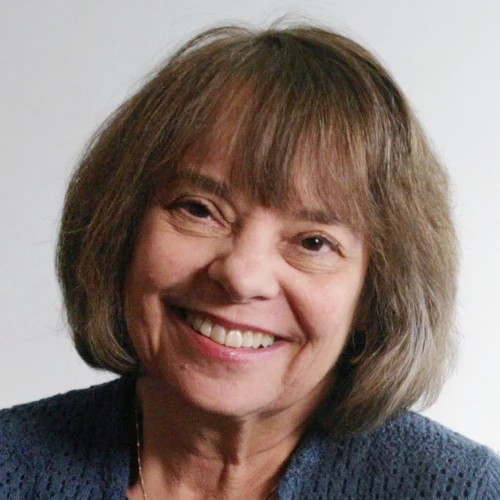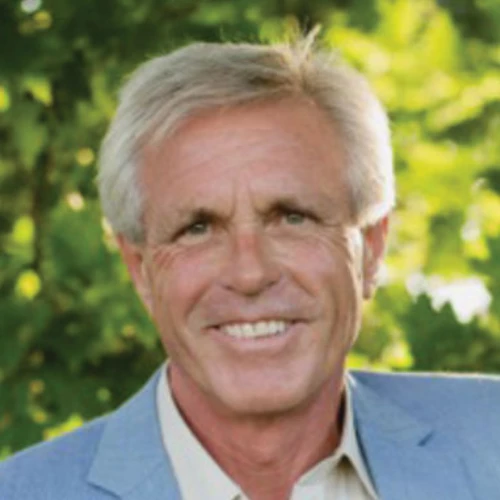This recorded online yoga course is a rare opportunity to study with Tom Myers, author of Anatomy Trains and a pioneer in the understanding of the body as a holistic, functionally integrated system.
With groundbreaking new material, Tom Myers introduces the new concept of Fascial Fitness, which provides key insights into facilitating the structural health of our ‘fibrous’ body of critical importance to yoga practitioners.
Fascia (or more broadly, the connective tissue of the body) has long been considered the ‘Cinderella’ of our body tissues and relegated to the role of ‘packing material.’ However, recent research has revealed that fascia is much more than a simple wrapping material: It is an essential ‘biological fabric,’ which performs important regulatory functions for the whole body in stability, organization, and movement.
Knowing how the fascia responds to training is critical to yoga practitioners and anyone concerned about the long-term functional health of the body. While any movement affects fascia, not all types of movement train it equally well for ‘real life’ strength or injury prevention. In this webinar, Tom Myers introduces the key principles of training the fascia, as well as the muscles, nerves, and core, based on recent research findings.
What You Will Learn:
- How the fascial net functions as a whole body communications system
- The individual elements of fascia and how they work in daily life and training
- How fascial tissues relate with nerves, muscles, and epithelia
- Key procedures for cultivating fascial elasticity and plasticity and why they are important
- Essential steps to avoid injury, and facilitate repair, and remodeling of the fascial tissues
- How to meet the hydration and nutritional needs of fascia
- The importance of long-chain dynamics (and yoga) to fascial health.
Session One: Fascia as a System
In this session, Tom Myers gives an overview of how the fascia is constructed in our embryological life, and how it grows, changes, remodels to meet our demands, repairs itself, and ages. This session focuses on the elements of fascia, and shows how bone, cartilage, tendon, ligament, aponeuroses, and membranes are related to each other. The mechanics of fascial injury and repair (sometimes over-repair) are also covered with a view to how these impact the long-term functional health of the body.
Session Two: Fascial Fitness, the Specifics
In this session, Tom Myers introduces the essentials of Fascial Fitness based on most current research. This session covers long-chain movements, preparatory counter movement, fascial elasticity and plasticity, fascial hydration and fascial sensing – the sensory nerve endings in fascia. A section on fascial neurology includes information onpain and proprioception, as well as specific applications to yoga.
This Course Also Includes:
- Recordings of Both Sessions – It’s generally acknowledged that many people only retain 10-20 percent of what they learn in a workshop. You will get the recordings of both sessions, both MP3 and MP4 (streaming), enabling you to go back and listen to the workshop as many times as you like.
- Transcripts of Both Sessions – Ever wanted to refer to a certain part of a course? Even the best note takers miss a point every so often. With the transcripts of the sessions, you can go back and refer to particularly important passages or clarify sections you were in doubt about.
- Free Report: 10 Tips for Fascial Fitness





